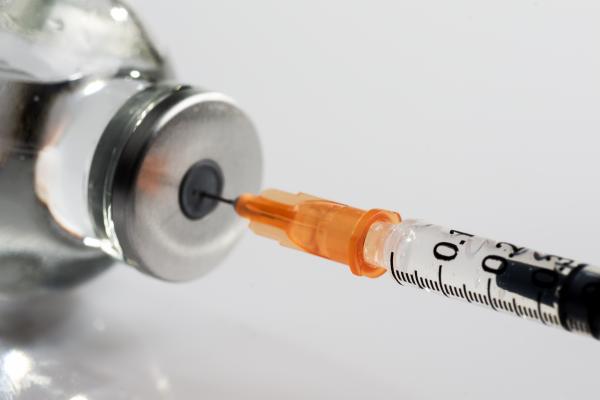IMMANUEL KANT has been on my mind as I’ve followed the national response to recent measles outbreaks. Kant, a German philosopher, emphasized the danger of a temptation we are all vulnerable to—the temptation to make special exceptions for ourselves. The person who acts against principles that she thinks others ought to follow becomes a kind of moral “free-rider,” attempting to benefit from public moral order without contributing to it.
The spread of disease among the intentionally unvaccinated highlights the free-rider problem faced by parents who seek exemption from vaccination.
Some people believe that leaving their children unvaccinated (or under-vaccinated) minimizes their children’s health risks. If everyone around them has been vaccinated, their risk of infection is indeed low. But when too many people decide to forego vaccination, “herd immunity” is lost and disease outbreaks occur.
Read the Full Article

